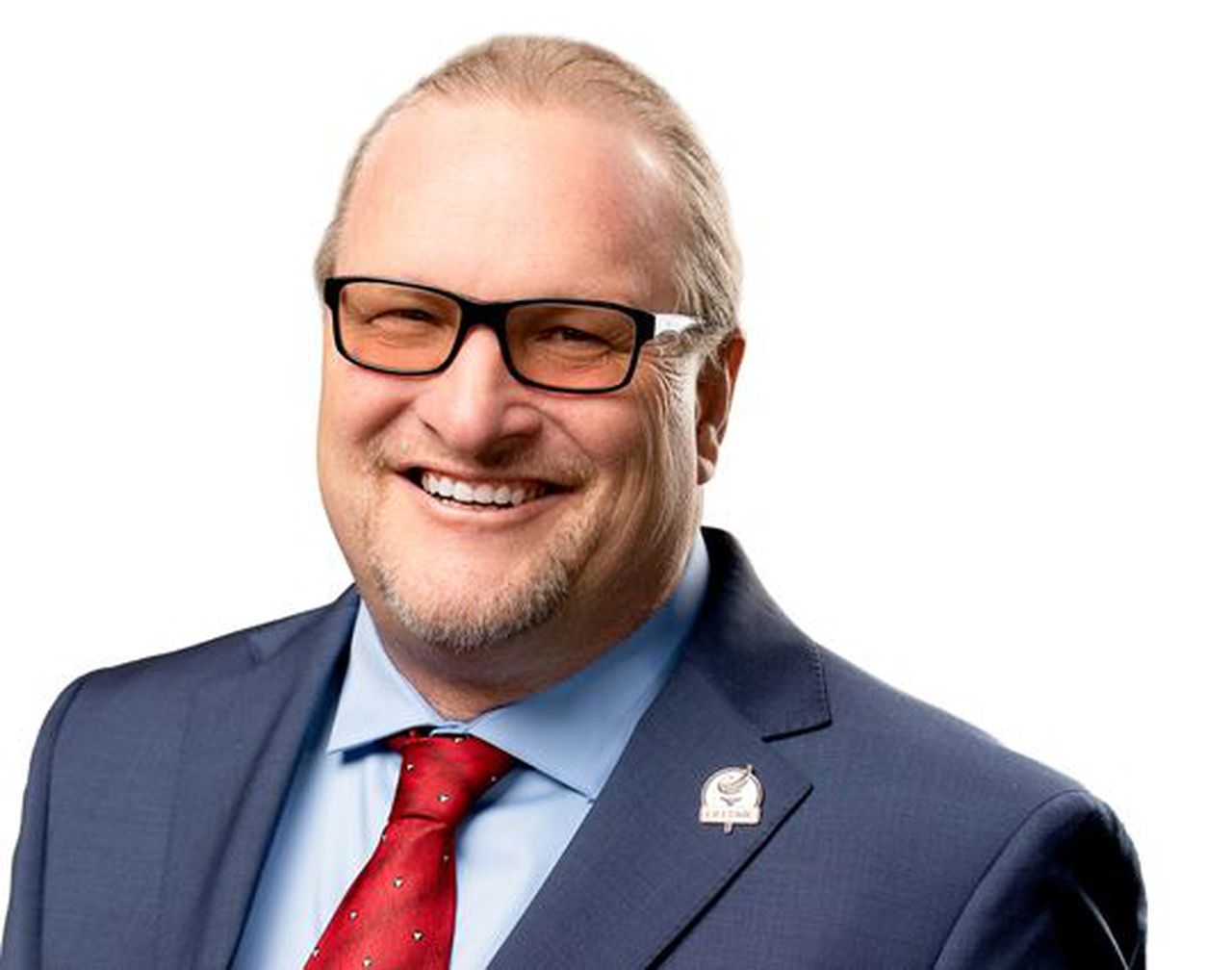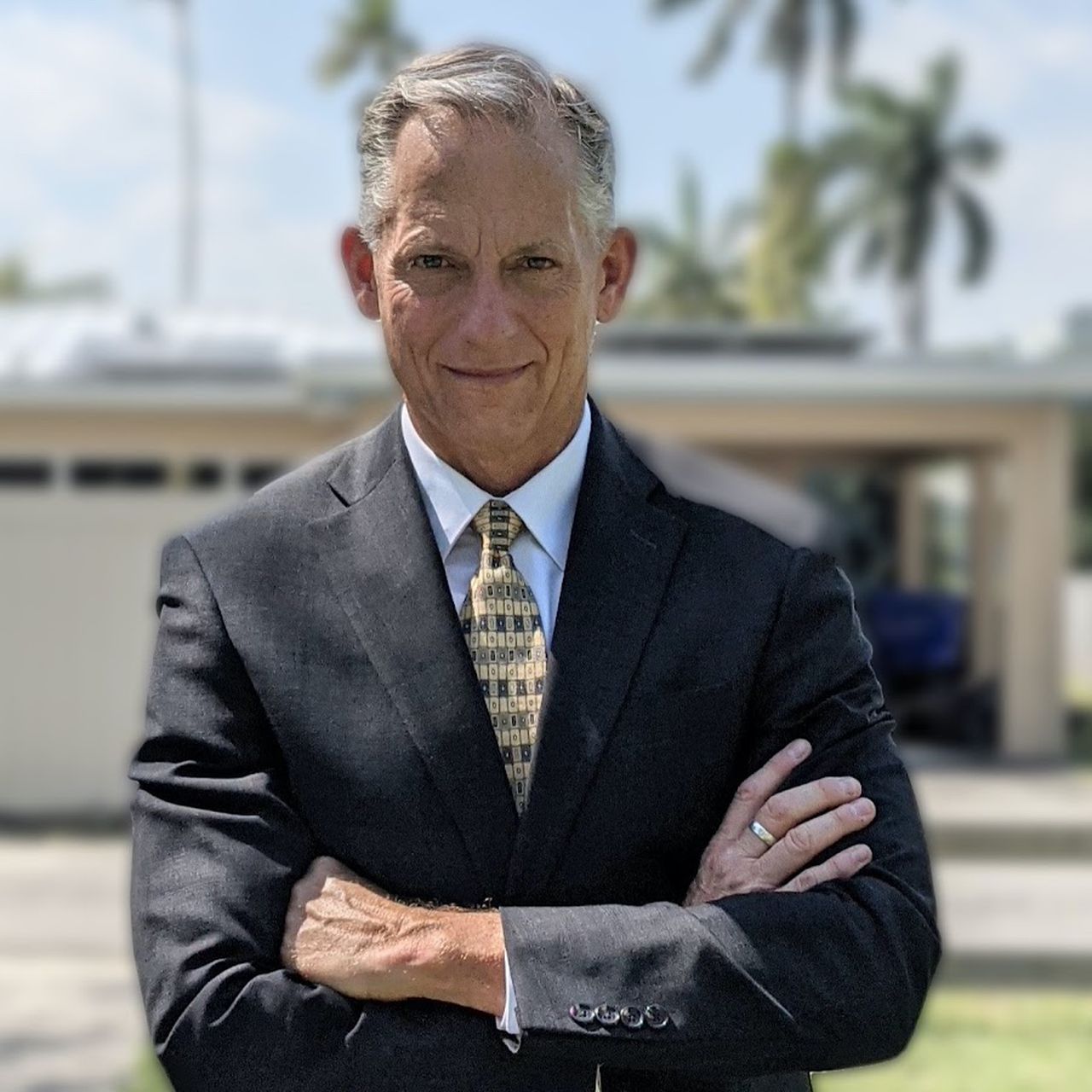What’s next for Libertarians? Presidential hopefuls bring platforms to Alabama
The Alabama Libertarian Party fielded candidates up and down the ballot in Alabama for the first time in 20 years during last year’s general election.
But despite a host of candidates, the third-party that stands for limited government involvement on social and economic matters, could not exceed a key threshold of gathering at least 20 percent of the vote in any of the statewide races last November. Had one of the party’s candidates done so, the Libertarians would have automatically gained statewide access to the ballot in 2024.
Related content:
The party, like other independent third parties in Alabama, will have to gather 42,459 signatures to return to the ballot next year, according to the Alabama Secretary of State’s Office. Thus far, No Labels is the only independent party that has turned in signatures to seek ballot access during next year’s presidential contest. No Labels is a party that supports centrist and bipartisan policies and is rumored to be recruiting former Republican Maryland Gov. Larry Hogan to run in 2024.
The Libertarian Party in Alabama has a chance to kickstart its efforts anew. It will host its 2023 state convention Friday through Sunday at the Clarion Inn in Auburn.
“We are excited to bring together liberty-minded individuals from all over Alabama and beyond to our 2023 State Convention,” said Tom Hopf, the party’s treasurer, in a statement posted on social media. “Our event will be a celebration of the principles of individual freedom and limited government, and we look forward to hearing from some of the most inspiring voices in the liberty movement.”
Presidential politics
The convention will be an opportunity for Libertarians hoping to run for president to make their names known three years after Jo Jorgenson finished third during the 2020 presidential contest with 1.86 million votes or 1.2% of the overall share. The Libertarian Party was the only third party to have its candidate’s name on the ballot in every state.
Lars Mapstead, 53, of Santa Cruz, California; and Mike ter Maat, 61, of Kinsale, Virginia, will be two presidential hopefuls speaking during the weekend.
“Each state is allocated a certain amount of delegates,” said Mapstead. “It’s important to visit as many states as possible and the best way to do that is at a convention where everyone is gathered in one place.”
Said ter Maat, “It’s the nature of this particular nominating process that attending conventions is important.”
The party’s national convention, at which time it will select its presidential nominee, is May 2024 in Washington, D.C.
“We don’t have retail primaries like Republicans and Democrats,” said ter Maat. “You’re not trying to impress millions of people. You’re trying to impress, essentially, 900 which means the winner will get something like 450 votes. These are not large numbers which means each one (of the state conventions) is important.”
He added, “We estimate that the people who will represent Alabama at the national convention in May 2024, will be at the Alabama convention (this) weekend in Auburn.”
Gold New Deal
Mike ter Maat (supplied image)
Ter Maat’s entry into Libertarian politics comes after a diverse career that includes a lengthy stint as an economist and economics professor and 11 years as a police officer in Broward County, Florida. He retired from law enforcement 18 months ago, and has since moved from Florida to Virginia.
He supports drug decriminalization and does not support efforts underway in the Alabama Legislature to impose mandatory-minimum sentences against those convicted of trafficking fentanyl.
“There is no question that fentanyl is bad for our communities and personally, I have performed CPR on many young men who had a fentanyl (overdose) without even knowing it,” ter Maat said. “But criminalizing drugs does not help us fight the war on drugs as a practical and empirical matter. However, you may feel about the ethics of the situation, it just does not work. In fact, when the government criminalizes something, and our society is not ready to stop on its own, we create black markets. And black markets are dangerous and are bad for people.”
Ter Maat supports a federal decriminalizing of marijuana but says it should be left up to states on whether to legalize recreational use.
Ter Maat is also running on a platform called the “Gold New Deal,” which he said is a “reimaging of the relationship between (the citizens) and the federal government and decentralizing power between the federal government and the states and to local communities.”
The system, in short, would allow states to exit federal control and be subject to taxation only for the purpose of defense. It also calls for the elimination of the IRS, ending the Federal Reserve System, and for a phase-out of the public education system, and reform policing by eliminating qualified immunity.
“I believe police and communities would be better off when we replace qualified immunity with liability insurance,” ter Maat said.
Fair tax, ranked choice voting

Lars Mapstead (supplied image)
Mapstead is a retired “serial entrepreneur” whose background includes co-founding of FriendFinder Networks, which includes several online dating sites and former ownership of Penthouse magazine.
He is running on a platform that includes national ranked choice voting, term limits for Congress, and a “fair tax” that eliminates the income tax and replaces it with a sales tax.
“Right now, in America, we spend 6 billion hours a year on manpower to comply with the tax code,” said Mapstead. “It’s the government not only taking your money, but also time with the income tax.”
He said he wants to cap congressional terms to 12 years.
Mapstead said that ranked choice voting (RCV) would allow more candidates and more choices for voters during elections.
RCV is a voting system that, in short, allows voters to rank candidates in their order of preference. It’s designed similar to how a Top 25 poll is determined in college sports. It is also viewed as an “instant runoff” election and an alternative to expensive primary runoff elections that occur in Alabama and other Southern states.
Maine and Alaska are the only two states that use RCV for statewide and federal general elections. Nevada is also poised to use RCV by 2026. It has been approved in more than 60 jurisdictions and has won ballot support in Seattle, Portland and elsewhere.
“It allows for more candidates and eliminates the negative campaigning where, ‘the other guy is bad, the other party is bad, so vote for me,’” said Mapstead.
He added, “Ballot access is different in every state. Alabama is definitely challenging for ballot access. The Libertarian Party did an amazing job during the 2022 election cycle (in running a large number of candidates nationwide).”
So, what does victory look like in 2024? ter Maat said it includes “leaning into a principled platform” and “transformational ideas that do not get watered down.”
“And that comes from American dissatisfaction of the political duopoly and the movement (toward) authoritarianism and comes from those parties leaving behind what used to be their agenda,” he said.
Mapstead said success also includes making an impact in the 2024 election that could alter the election’s outcome.
“If that electoral vote ended up being a change in the election (results), the political pundits would talk about that for months on end about how we spoiled the election,” he said.
